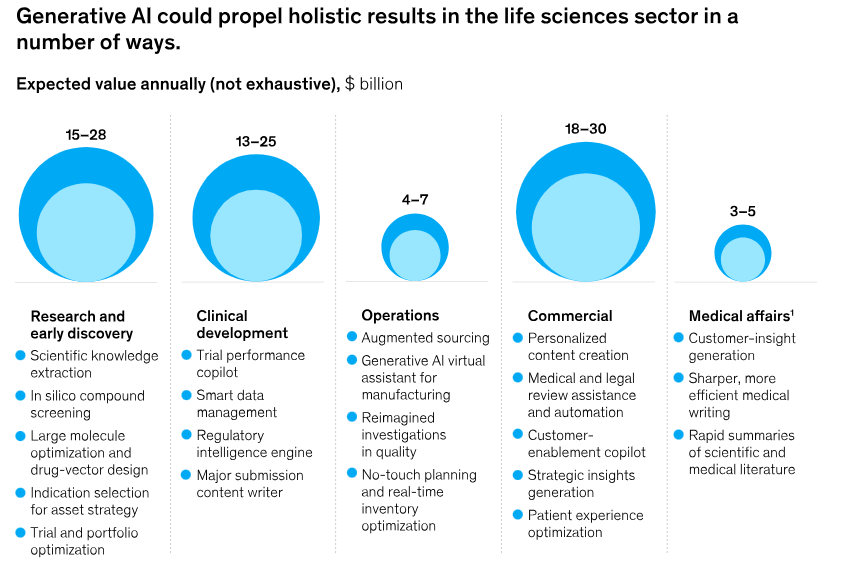The emergence of ChatGPT, a powerful generative AI system, has sparked discussions about its potential impact on the workforce. While concerns exist regarding the replacement of lower-skilled workers, there is a growing realization that ChatGPT could enhance its capabilities. A recent experiment involving 453 college-educated participants demonstrated that generative AI systems like ChatGPT can surpass traditional automation technologies. Unlike earlier forms of automation that predominantly handled routine tasks with explicit sequences, generative AI exhibits creativity. This aspect raises concerns among professionals in creative fields, including artists and screenwriters, who fear potential job displacement.
As an automation tool, ATMs gained popularity, transformed banking, and allowed low-skill workers in the industry to explore new job opportunities. Although low-end writers and artists may face similar transitions, generative AI systems like ChatGPT offer a glimmer of hope. In the experiment above, 80% of participants who had access to ChatGPT utilized it, resulting in substantially increased productivity compared to the control group who had no access to ChatGPT.
Improved productivity and quality
The utilization of ChatGPT in the experiment yielded remarkable results. Task completion time decreased by 40%, while output quality improved by 18%. Significantly, participants with weaker skills benefited the most from ChatGPT, indicating a reduction in overall inequality among workers. The study’s use of expert judges and increased compensation for enhanced productivity further solidified the positive impact of ChatGPT on participants’ work.
The advent of ChatGPT signals a paradigm shift in the qualities that define intelligence and competence. In the past, possessing a good memory and a confident delivery style could create an illusion of intelligence. However, with the capabilities of AI, including ChatGPT, individuals are now empowered to go beyond surface-level demonstrations of intelligence. This shift holds the potential to create greater equity, allowing individuals without innate advantages to compete on a more level playing field.
Addressing concerns and challenges
While ChatGPT offers significant opportunities, concerns remain, particularly among artists and screenwriters who fear the potential loss of creative job opportunities. It is important to recognize that generative AI systems like ChatGPT are tools that can augment human creativity rather than replace it entirely. Collaboration between AI systems and human creators can lead to new possibilities and innovative outcomes.
As the capabilities of generative AI systems continue to evolve, it is crucial to strike a balance between technological advancements and the preservation of human creativity and expression. ChatGPT represents a stepping stone toward a future where socioeconomic and genetic disadvantages no longer dictate an individual’s potential. By providing access to powerful tools and expanding opportunities for skill development, AI has the potential to empower individuals and foster a more equitable society.
ChatGPT, as a generative AI system, has the potential to bridge the gap for those facing socioeconomic and genetic disadvantages. The experiment’s findings showcased increased productivity and improved output quality among participants, with the greatest benefits observed among those with weaker skills. While concerns exist about potential job displacement, collaboration between AI systems and human creators can lead to new possibilities. By embracing generative AI responsibly, society can harness its power to create a more equitable future where individuals can thrive regardless of their inherent advantages or disadvantages.





